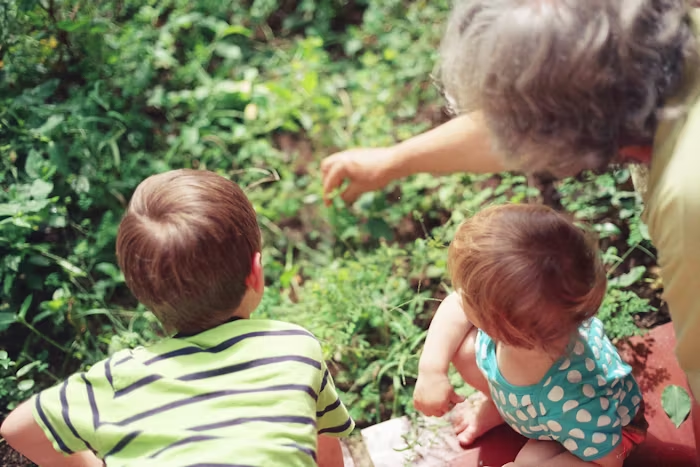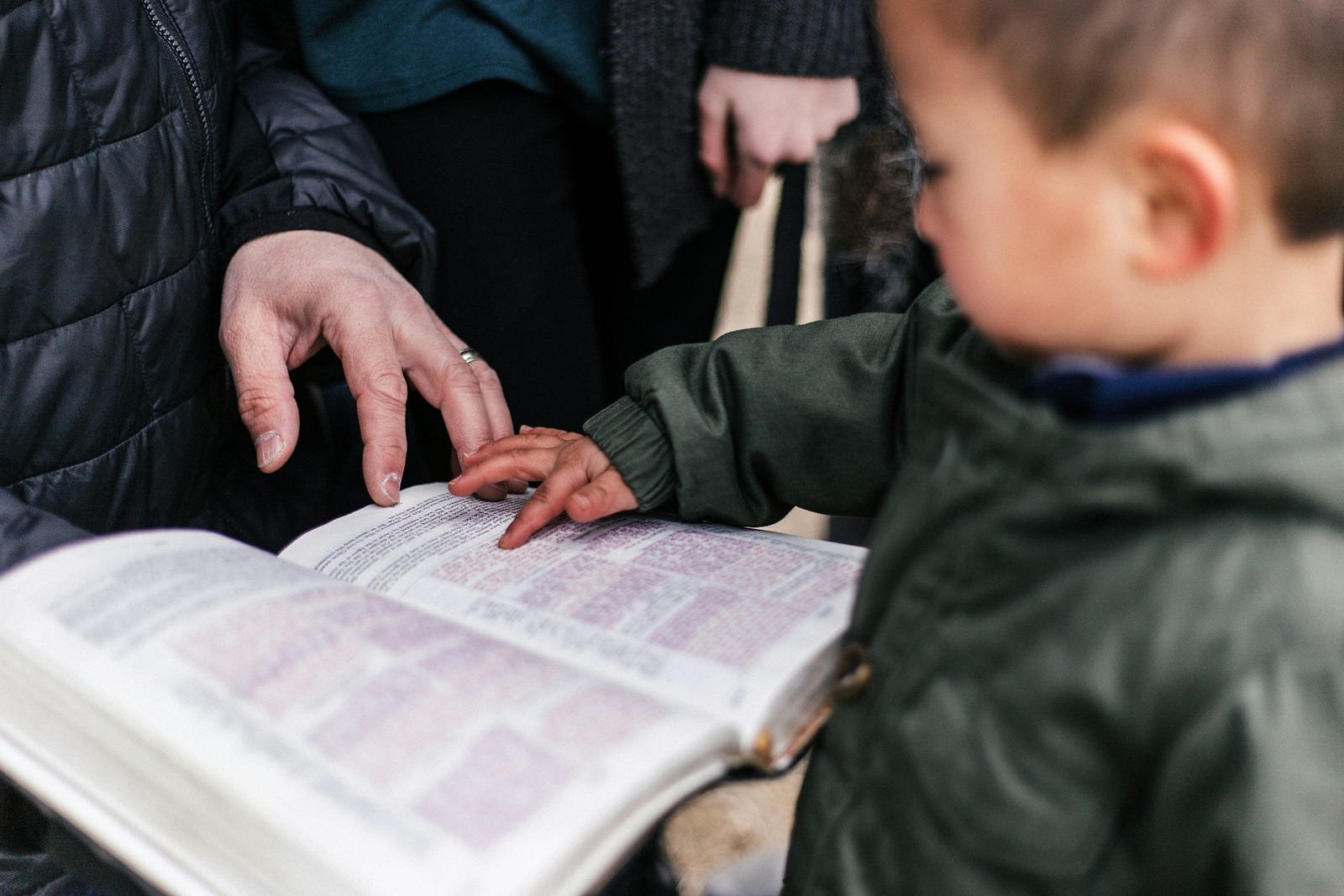In today’s fast-paced world, where dual-income households juggle careers and childcare, grandparents have reclaimed a vital position in the family ecosystem. Far from being sidelined to nostalgic storytelling, grandparents now serve as active co-navigators of modern parenting — providing emotional support, practical assistance, and a bridge to family history. This article explores the role of grandparents in modern parenting, highlighting how their involvement enhances child development, strengthens family bonds, and adapts to today’s unique challenges.

Grandparents as Emotional Anchors
One of the most profound contributions grandparents make is emotional stability. Children thrive when they feel secure, and grandparents often embody a calm, patient presence that contrasts with the everyday pressures their parents face.
- Unconditional Affection: Grandparents tend to spoil grandchildren with love, nurturing self-esteem and resilience without the day-to-day demands of discipline.
- Legacy of Support: When children express fears or frustrations, grandparents draw on life experience to offer perspective — calming anxieties that even parents sometimes struggle to quell.
- Buffer in Times of Change: During family transitions — moving houses, changing schools, or divorce — grandparents provide a constant, reassuring figure for children to lean on.
Research published in the Journal of Family Psychology indicates that grandchildren who enjoy close relationships with grandparents exhibit lower levels of anxiety and higher social competence, underscoring grandparents’ emotional value.
Practical Childcare Partnerships
With childcare costs on the rise, many parents rely on grandparents for hands-on support. This partnership benefits both generations:
- Flexible Scheduling: Unlike daycare centers with strict hours, grandparents can tailor pickup, drop-off, or overnight stays around parents’ work commitments.
- Interim Care During Illness: When children fall ill, grandparents often step in, preventing lost workdays and providing care in a familiar environment.
- Educational Enrichment: Grandparents can reinforce learning by reading stories, helping with homework, or introducing traditional crafts and games that expand children’s creativity.
A 2020 survey by AARP revealed that nearly 40% of grandparents provide regular childcare, highlighting their integral role in balancing modern work–life demands.
Transmitting Cultural and Family Heritage
In an age of globalization and digital immersion, maintaining family traditions and cultural roots becomes more challenging. Grandparents serve as living archives, passing down customs, language, and stories that might otherwise fade.
- Family Recipes and Rituals: From holiday feasts to bedtime folk tales, these rituals bond children to their ancestry and foster a sense of belonging.
- Language Preservation: In bilingual families, grandparents often become primary transmitters of heritage languages, strengthening cognitive flexibility and cultural identity.
- Moral Foundations: Through anecdotes about their own upbringing, grandparents convey family values — respect, generosity, and perseverance — anchoring children in ethical frameworks.
By sharing personal histories, grandparents help grandchildren situate themselves within the broader tapestry of family life.
Co-Parenting Dynamics: Collaboration and Boundaries
Successful modern families embrace a co-parenting alliance that includes grandparents. However, clear boundaries and open communication are essential to avoid conflict:
- Defined Roles: Establish who handles discipline, routines, or educational decisions during grandparent caregiving. A mutually agreed-upon “grandparenting contract” can clarify expectations.
- Respectful Consultation: Parents should discuss schedules, dietary guidelines, and screen-time rules with grandparents to ensure consistency across households.
- Conflict Resolution: When disagreements arise, a respectful dialogue — perhaps mediated by a family counselor — helps maintain harmony and models healthy conflict-management for grandchildren.
With transparent communication, grandparents and parents can unite around the shared goal of children’s well-being, rather than inadvertently undermining each other’s authority.
Adapting to the Digital Era
Today’s grandparents often bridge a generational divide by embracing technology:
- Video Calls and Messaging: Grandparents use FaceTime, WhatsApp, or Zoom to maintain daily connections with grandchildren, especially in long-distance families.
- Digital Literacy Workshops: Many grandparents attend community classes to learn how to navigate apps, social media, and online safety — ensuring they can supervise and engage digitally savvy grandchildren.
- Collaborative Online Projects: Joint activities such as digital storytelling, family photo slideshows, or virtual museum tours foster shared learning and intergenerational bonding.
By committing to lifelong learning, grandparents remain relevant companions in their grandchildren’s tech-driven world.
Health and Well-Being Benefits for Grandparents
The involvement of grandparents in childcare also yields health and mental well-being advantages for the older generation:
- Increased Physical Activity: Playing, walking to school, and participating in playground games contribute to cardiovascular health.
- Cognitive Engagement: Planning activities, reading to children, and learning new skills keep grandparents’ minds sharp and ward off cognitive decline.
- Social Connectivity: Interaction with family combats loneliness and depression, fostering a sense of purpose and community involvement.
A study in The Gerontologist found that grandparents who provide regular childcare report higher life satisfaction and lower mortality risk, illustrating the mutual rewards of multigenerational care.
Navigating Challenges: Long-Distance and Caregiver Stress
Not all grandparent–grandchild relationships are local, and geographic distance can pose obstacles. Additionally, active caregiving can lead to stress:
- Long-Distance Strategies: Schedule consistent video calls, send care packages with handwritten letters or crafts, and plan annual visits to maintain a strong bond.
- Caregiver Burnout Prevention: Grandparents should respect their own health limits, establish respite care when needed, and communicate openly about the scope of their involvement to avoid overwhelming responsibilities.
By acknowledging these challenges and seeking supportive resources — senior centers, support groups, or community services — families can sustain healthy, sustainable grandparent roles.
Future Outlook: Grandparenthood in Twenty-First-Century Families
As demographic trends shift — longer lifespans, delayed childbearing, and dual-career households — the importance of grandparents in modern parenting will only grow. Policy makers and service providers can support these multigenerational networks by:
- Expanding Respite Programs: Community centers offering temporary childcare relief for grandparents.
- Creating Intergenerational Spaces: Libraries, parks, and cultural institutions can host programs designed for diverse age groups.
- Promoting Digital Inclusion: Subsidized technology training for seniors to ensure they remain connected and confident mentors.
Recognizing grandparents as essential contributors to child development — and investing in their well-being — fortifies the social fabric that sustains healthy, resilient families.
Celebrating Grandparents as Modern Parenting Partners
Grandparents today are more than passive witnesses of childhood milestones; they are active architects of their grandchildren’s growth. By providing emotional stability, practical childcare support, and cultural continuity, grandparents enrich modern parenting in profound ways. When families establish clear communication, mutual respect, and healthy boundaries, the grandparent–parent partnership becomes a cornerstone of multigenerational strength.
In an era defined by rapid change, grandparents anchor children in a legacy of love, wisdom, and resilience. Honoring and harnessing their unique gifts ensures that families not only adapt to modern demands but flourish — generation after generation.










